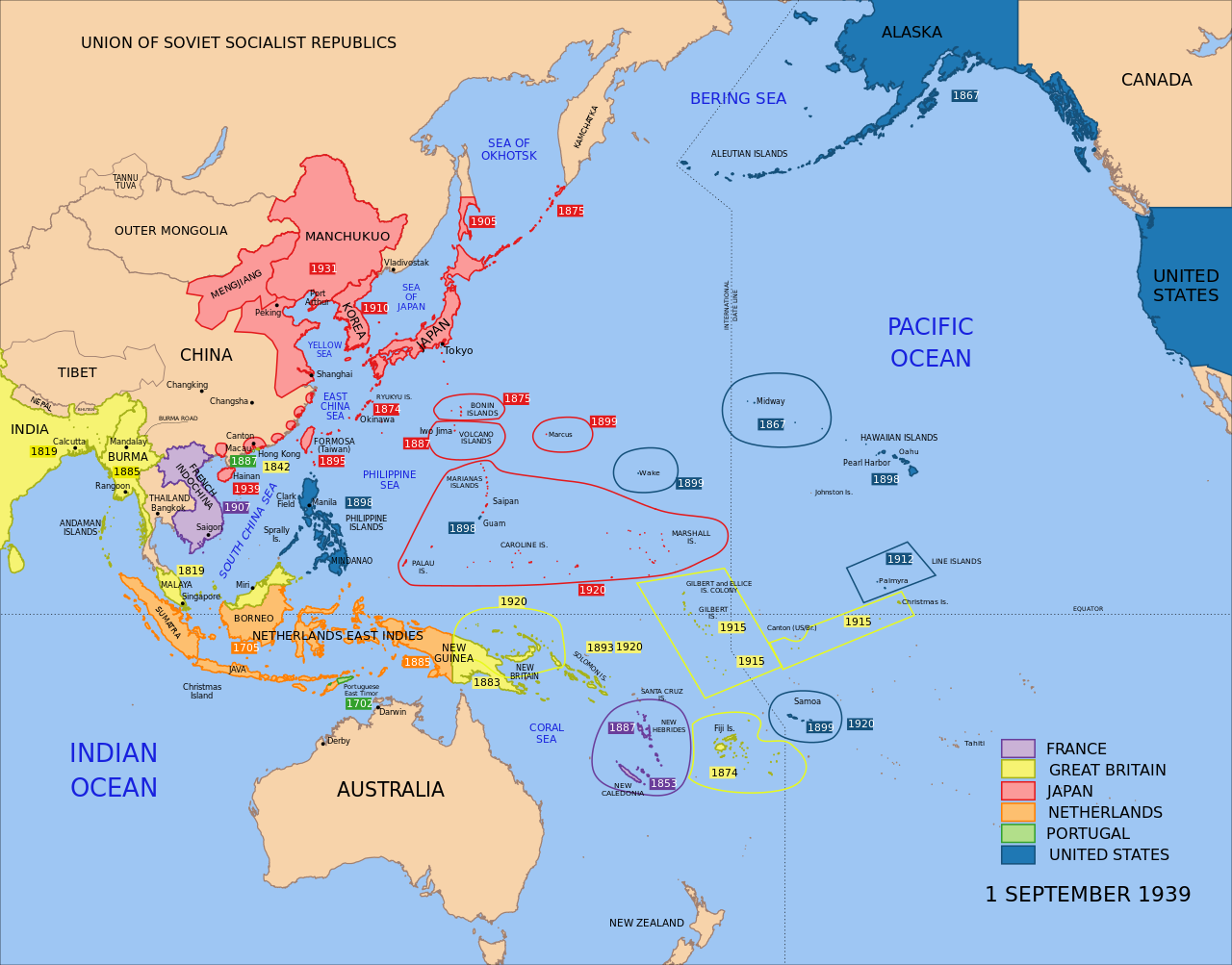What do you all think?
I think the notion that if the Japanese "only" attack the Philippines and not Pearl Harbor, the US is going to agree to a compromise peace with them in 1942 is nonsense. The Philippines were scheduled for independence, yes, but they were still US territory, plenty of Americans would still be killed in any attack on them, and the resentment of the "treacherous Japs" for launching a surprise attack on US territory while negotiations were still going on would still be there. It would be politically suicidal for the administration to agree to a compromise peace in 1942.
There is a big difference between "hatred of the Japanese wouldn't be quite as intense as in OTL" and "within months the US could say 'let bygones be bygones' and agree to a compromise peace.'"
